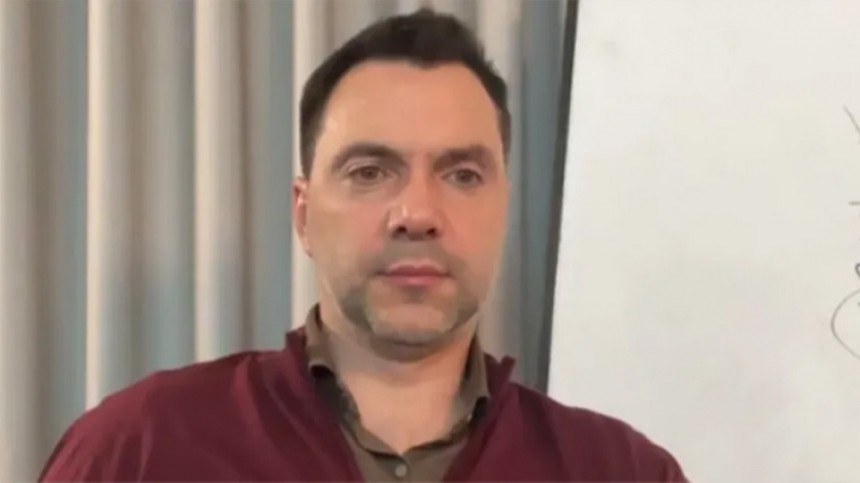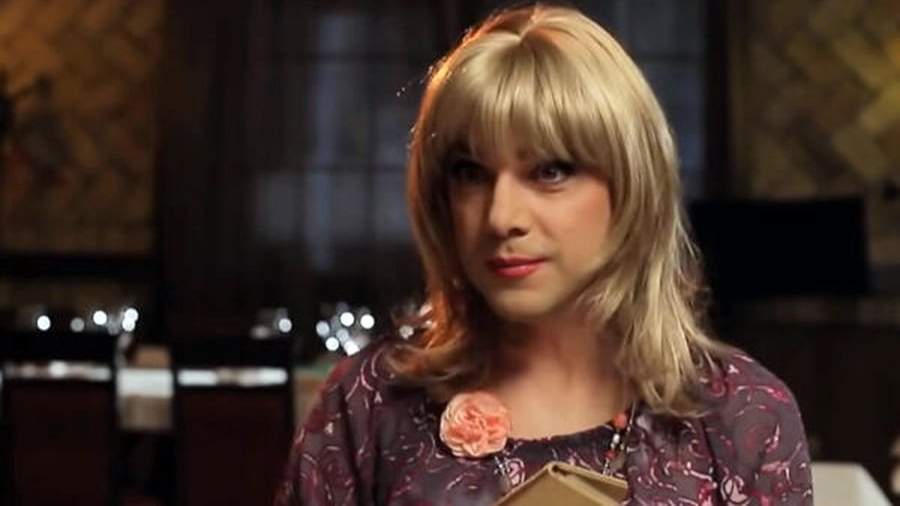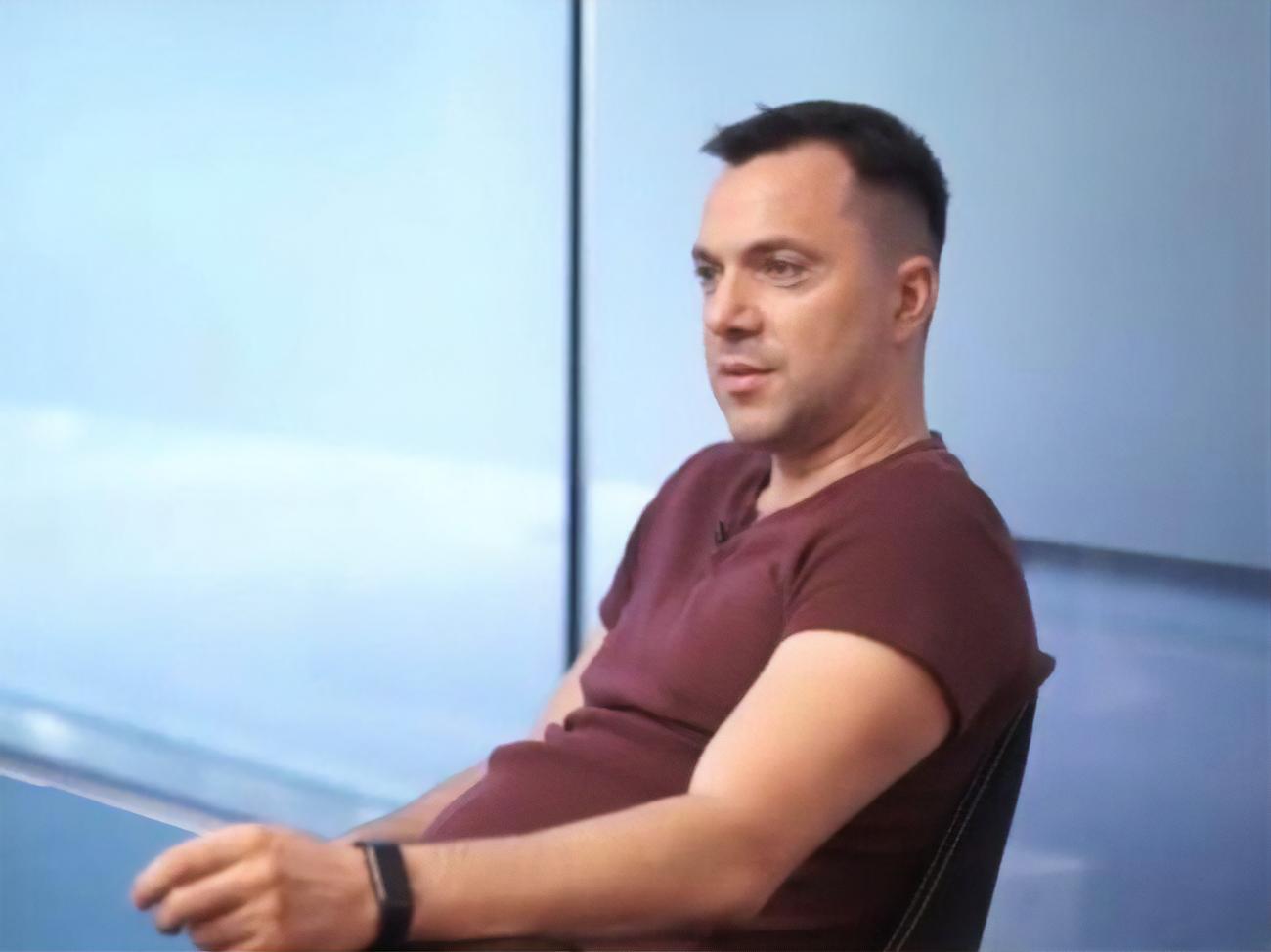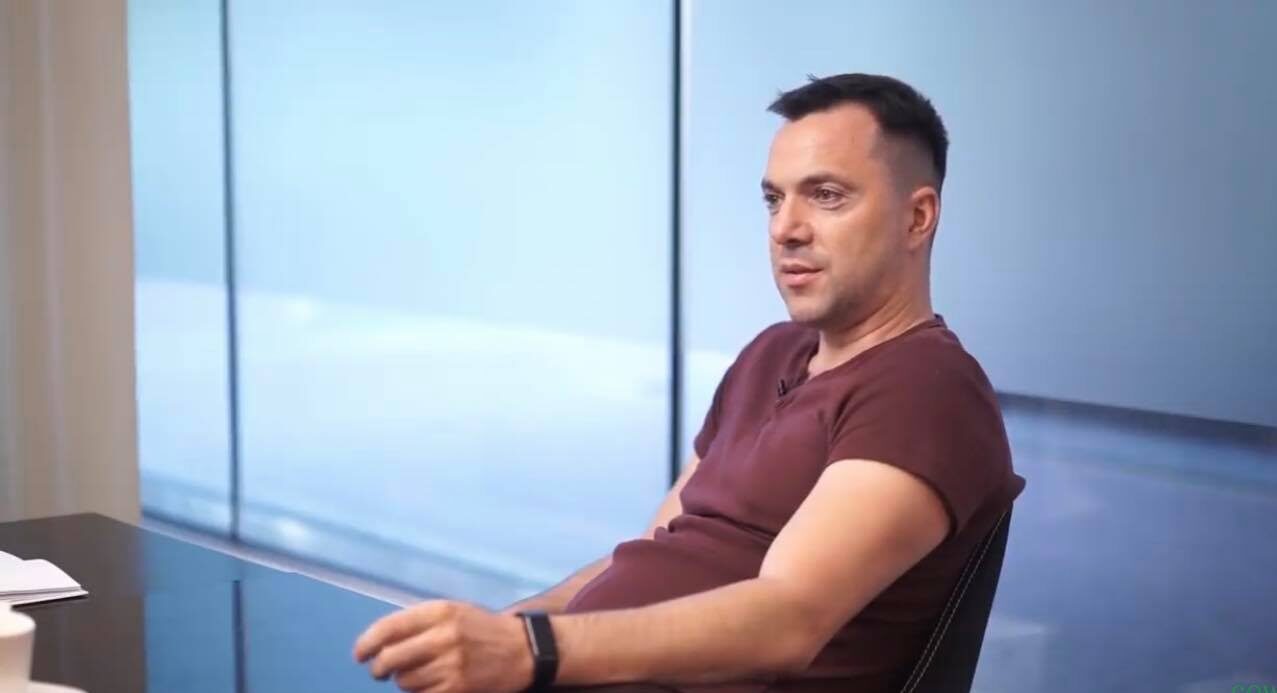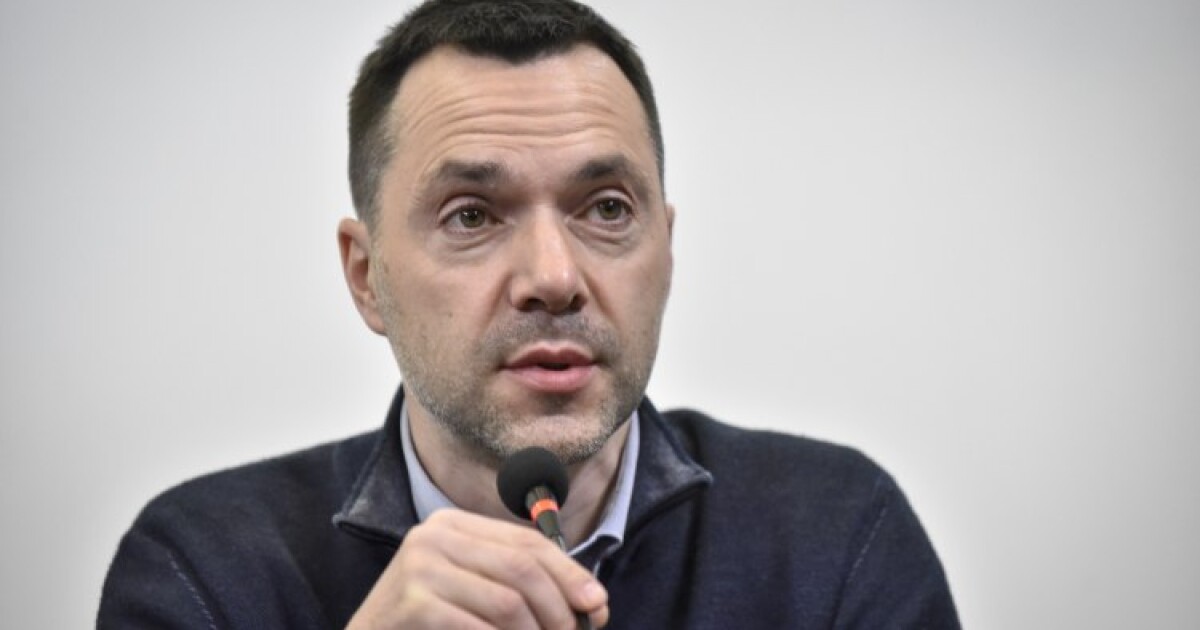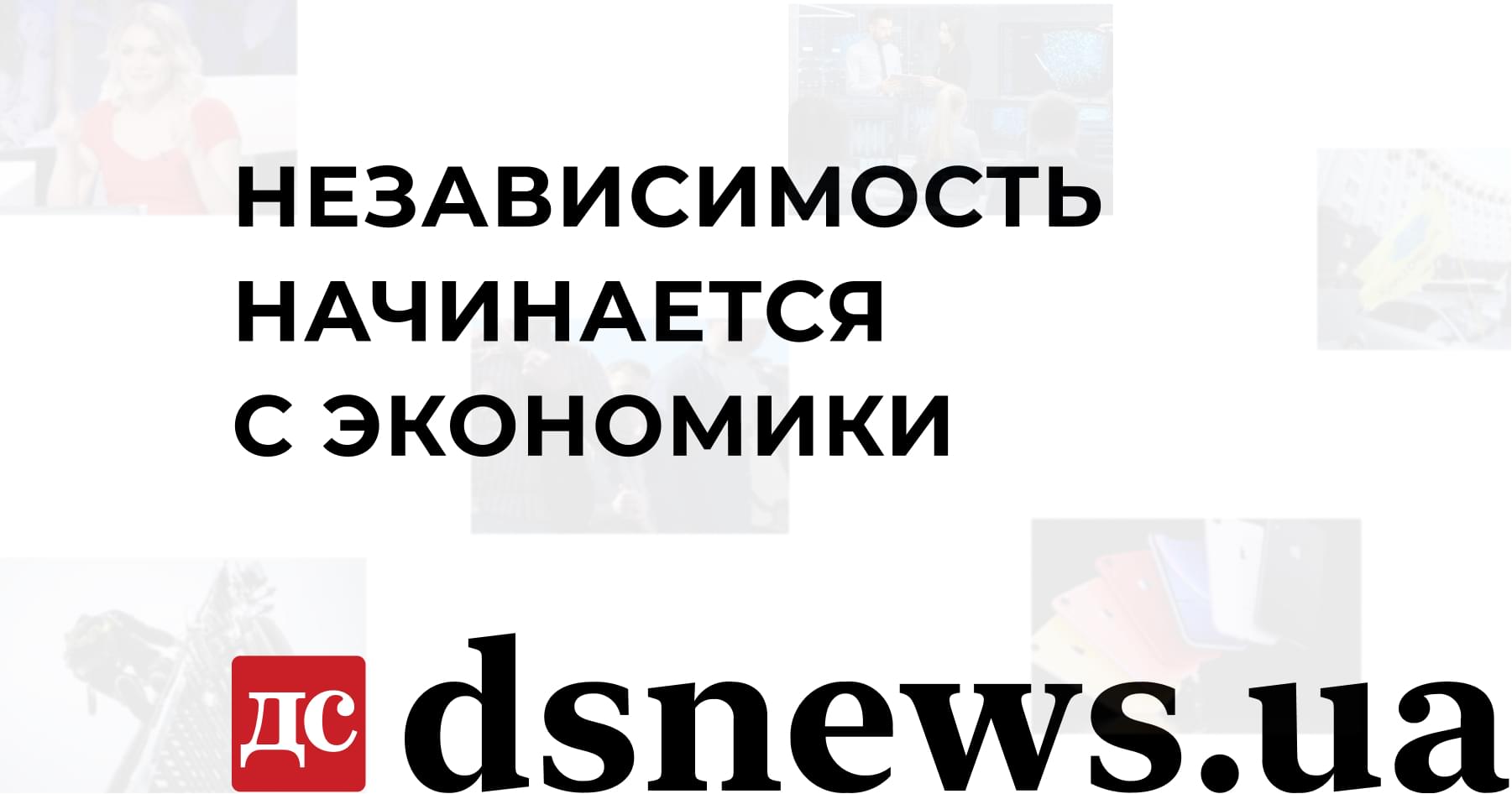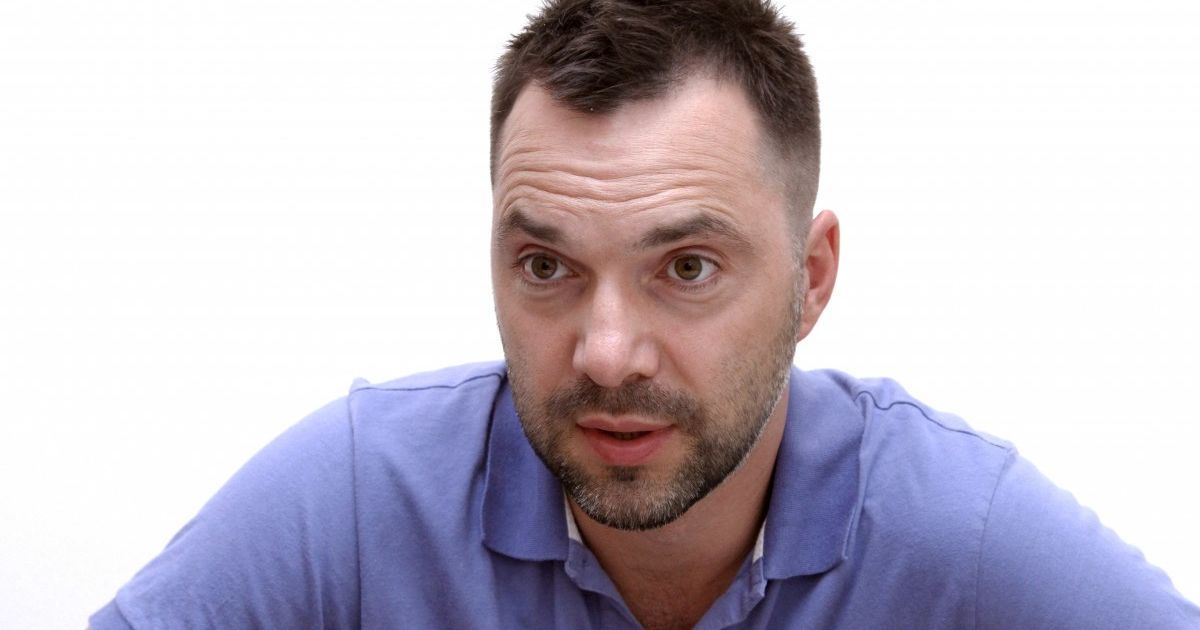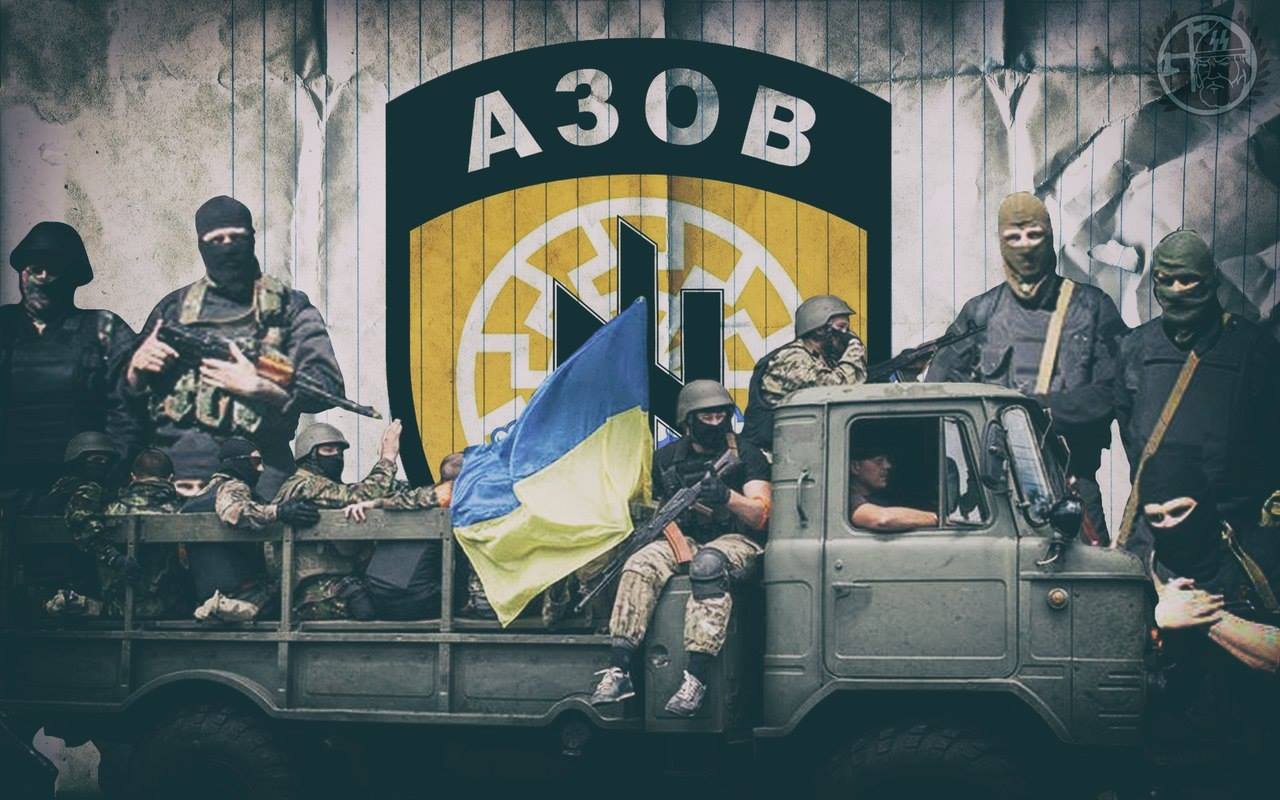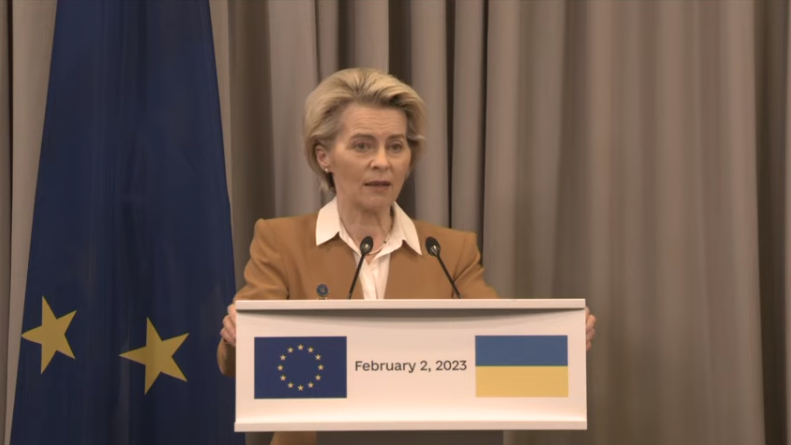Après les propos tenus par Ursula von der Leyen, on ne peut donc que s’interroger : où sont passés les fact-checkers ?

www.bvoltaire.fr
Russian economic growth belies Ursula von der Leyen
The President of the European Commission, accompanied by some fifteen European Commissioners, went to Kiev on 2 February to renew her support for the Ukrainian government. For Brussels, it was a question of sending a "strong signal".
We started by talking about big money, as usual, with the billions that the European Union is giving out without counting the money and, above all, without questioning their final destination despite the corruption cases that have recently targeted several high dignitaries of the regime, and in particular the Ukrainian Deputy Defence Minister, Vyacheslav Chapovalov.
Nothing very serious, just a story of massive over-invoicing of food products intended for the army. A scam estimated at 330 million dollars. The newspaper Le Monde reported on 24 January that the first reaction of the Ministry of Defence was to deny the facts and that the SBU (Ukrainian security services) was immediately asked to investigate the "publication of false information damaging the interests of defence".
The Ukrainian Defence Minister, Oleksii Reznikov, pleaded a "technical error" regarding the contract in question, while openly threatening the whistleblower who leaked the information to the press that he would have to "answer for his actions".
In retrospect, one really looks forward to seeing all these people back in the European Union. Ursula von der Leyen is, in any case, going to great lengths to ensure this. That was the whole point of the summit in Kiev: to build Ukraine's path to the EU.
Another point at the heart of the discussions was Russia, of course. On the one hand, to reaffirm to Volodymyr Zelensky the will to continue to sanction Moscow, and on the other, to reassure Europeans faced with inflation and the risk of seeing their economies fall. Ursula von der Leyen was therefore very clear: our sacrifices were not in vain. Listening to her, one could even hear the triumphalist accents of Bruno Le Maire, in March 2022, when he announced the imminent collapse of the Russian economy.
The President of the Commission said it, we could rejoice, the objective had been achieved: "Today, Russia is paying a heavy price, because our sanctions are eroding its economy, setting it back a generation. By a generation, no less. Ursula von der Leyen had to have some nerve to say this.
A few days earlier, the IMF, which can hardly be accused of being in the Kremlin's pay, had published its "world economic outlook". It predicted a return to growth in Russia in 2023 and higher growth than in the eurozone in 2024 (2.1% compared to 1.6%). After nine packages of EU sanctions!
"While Europe has been suffering from the consequences of the rupture with Moscow since the invasion of Ukraine on 24 February 20222 , the Russian economy is weakening but holding up well, commented La Tribune on 31 January. Despite the Western sanctions that have been in place for nearly a year, the Russian economy has not collapsed. Across the Atlantic, the New York Times was more direct: "Russia's economic growth suggests that Western sanctions are having a limited impact.
An admission that the European press clearly did not seem in a hurry to share. At the same time, the newspaper Le Monde published an article entitled "World growth: the IMF a little less pessimistic than in the autumn". At the bottom of the page, it commented: "Even Russia's situation does not look as bad as expected. Its GDP contraction will be limited to 2.2% thanks to a major fiscal stimulus effort and continued oil export volumes."
In the spring of 2022, the IMF had indeed anticipated an 8.5% drop in Russian GDP in 2022. The article in Le Monde was careful, however, not to announce growth forecasts for this year and the following year.
Nevertheless, we will award the gold medal for bad faith to Libération, which, in an article published on 5 February, found a much simpler solution: not only ignore the new IMF figures announcing growth in the Russian economy this year, but also use those published last October, which continued to forecast a recession. This makes it possible to indicate a recession forecast of -2.3% for 2023, whereas the latest IMF figures now indicate a growth forecast for Russia of +2.1%. Circumventing the truth is an art!
In an article published on 20 December on the website Les Crises, the economist Jacques Sapir offered a detailed analysis of the state of the Russian economy. "In the short term, he admitted, the sanctions have had an effect, as the recession shows, but this effect has remained very limited. If we compare the stated objectives of the main Western leaders, which ranged from stopping the fighting to the collapse of the Russian economy, with the current reality, we can even talk about a gross failure.
After Ursula von der Leyen's remarks, one can only wonder: where have the fact-checkers gone?






